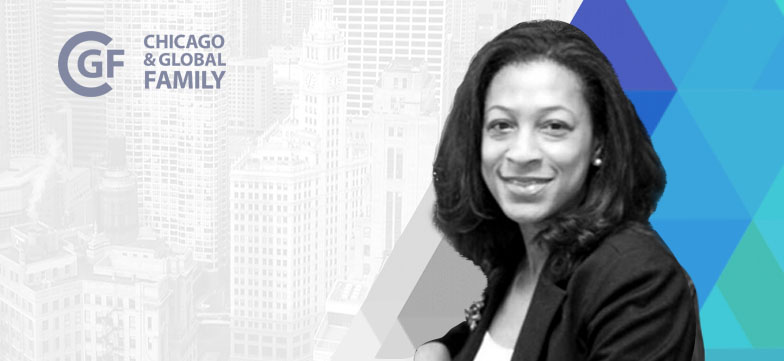EVENT HIGHLIGHTS
A roundtable discussion with Toni Irving, the Executive Director of the newly formed Get IN Chicago, an innovative public/private partnership that seeks to strengthen communities hardest hit by poverty and violence. The organization invests in programs targeted at at-risk youth.
We are pleased to invite Executive Director of Get IN Chicago, for an open-to-public roundtable discussion. She will be speaking on how to help convene public and private organizations to employ and leverage existing initiatives to make Chicago safer and youth lives better.
Members: Complimentary
Non-Members: $10
Not a member? Become one here.
Click here to RSVP for this eventDate:
Wednesday, January 21
from 11:30 AM – 1:00 PM
Venue
205 North Michigan Avenue, Suite 4240
Chicago, IL, US, 60601
Toni Irving, Ph.D., is Executive Director of the newly formed Get In Chicago, an innovative public/private partnership that seeks to strengthen communities hardest hit by poverty and violence. The organization invests in programs targeted at at-risk youth. It helps convene public and private organizations to employ and leverage existing initiatives to make Chicago safer and individual lives better.
Previously, Dr. Irving was Deputy Chief of Staff and Senior Advisor to Illinois Gov. Pat Quinn. She oversaw policy and planning, personnel, legislative and operations issues for public safety and human services agencies with combined budgets of $8 billion. As Senior Advisor, she advised the governor on minority business and workforce development issues and on developing and executing strategies to assist communities hardest hit by poverty and violence. This work included launching a 27,000 transitional jobs program and a three-year, $70 million community-recovery project.
By: Joshua Heine, Public & Global Affairs intern
On January 21 Niagara Foundation was pleased to welcome Toni Irving, the new executive director of Get In Chicago, to our offices for a Chicago Global Family event. Irving discussed the underlying causes of youth violence in the city and the work that Get In Chicago hopes to accomplish regarding this pervasive issue.
Get In Chicago addresses community needs where the city of Chicago is economically unable to resolve them, especially regarding youth violence. Irving informed the audience that youth violence is a major city problem that exists predominantly in 18 poverty-stricken neighborhoods. While poor schools and the return of individuals from prison exacerbates the problem, child neglect and abuse are often the underlying issue. Unreported child abuse and neglect lead to an accumulation of inequality: the affected individuals eventually become delinquent and risk prison time.
Other issues include ineffectiveness of existing youth programs and lack of data to validate or invalidate the efficacy of current and potential youth-focused initiatives. Irving stated that she and other officials have directed an “inordinate amount” of funds towards youth programs with “no return on their investment.” In other words, there is not enough empirical information to indicate the best way to tackle youth violence.
Irving told the audience that Get In Chicago focuses on three specific areas as they target Chicago’s youth: mental health, mentoring and parent leadership. To develop these areas, Get In Chicago funds programs that it can quantitatively and qualitatively evaluate so that it can be certain of positive impact. Such evaluations include low cost program evaluations based on information such as individuals’ legal violations, grades and school attendance. Get In Chicago also incorporates outside organizations to evaluate their programs, which Irving said is important in order to ensure results and continuity throughout the partnership.
We thank Toni Irving for her insightful talk, and hope to continue to work with her and everyone in the Niagara community to end youth violence.

